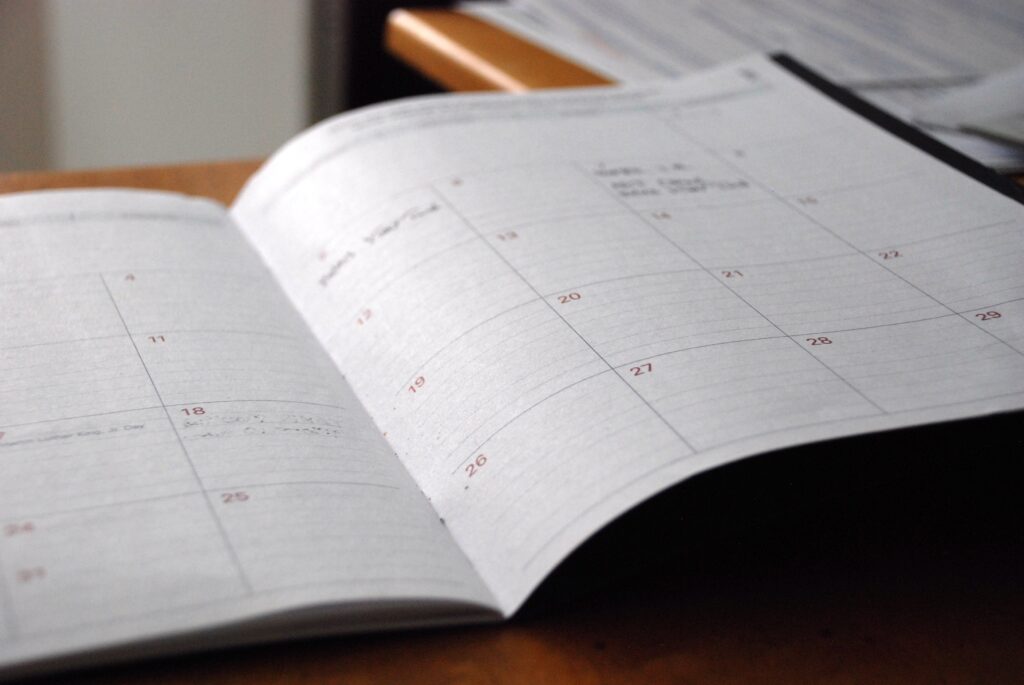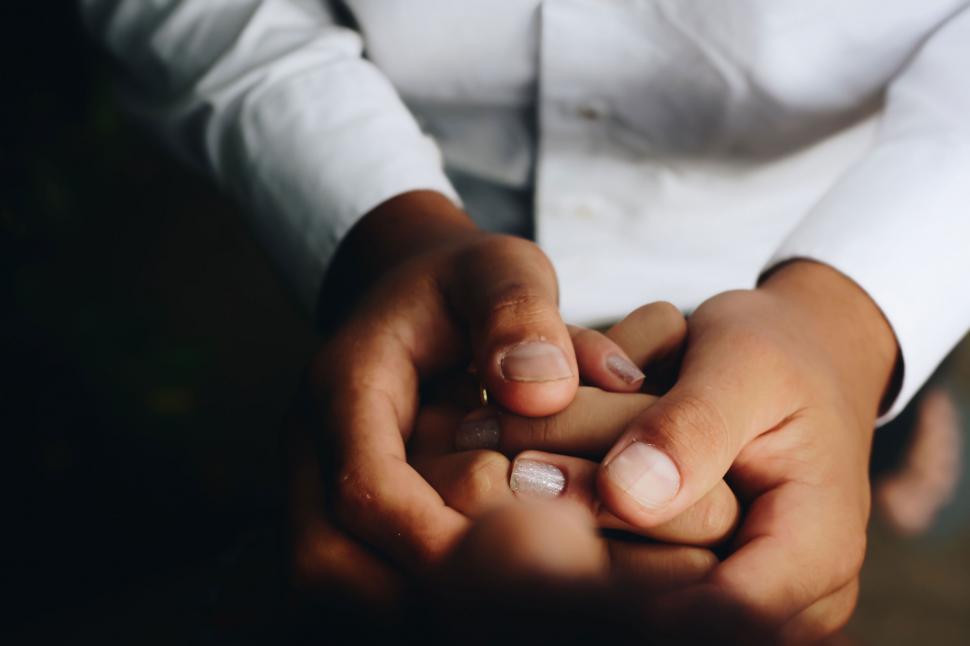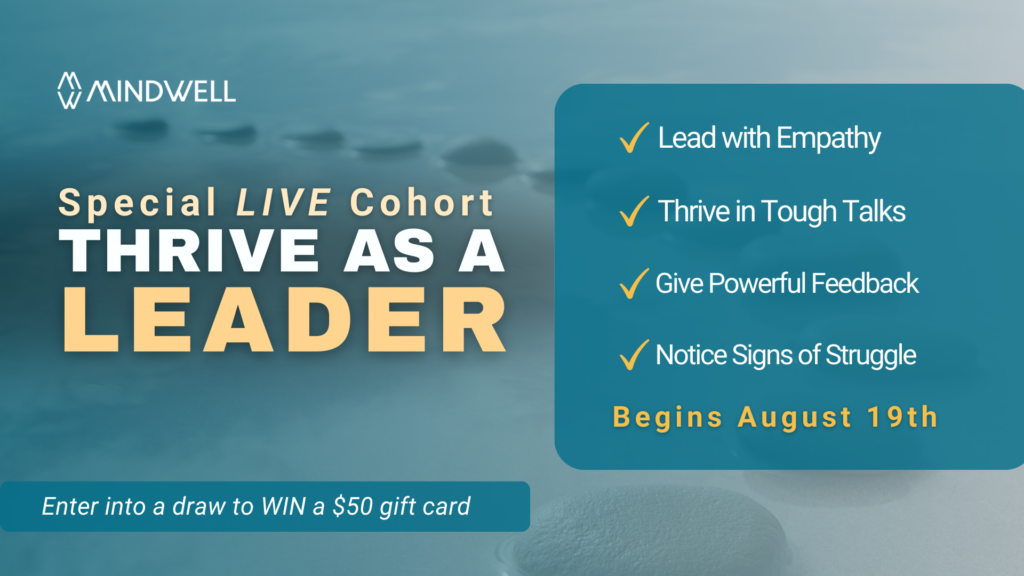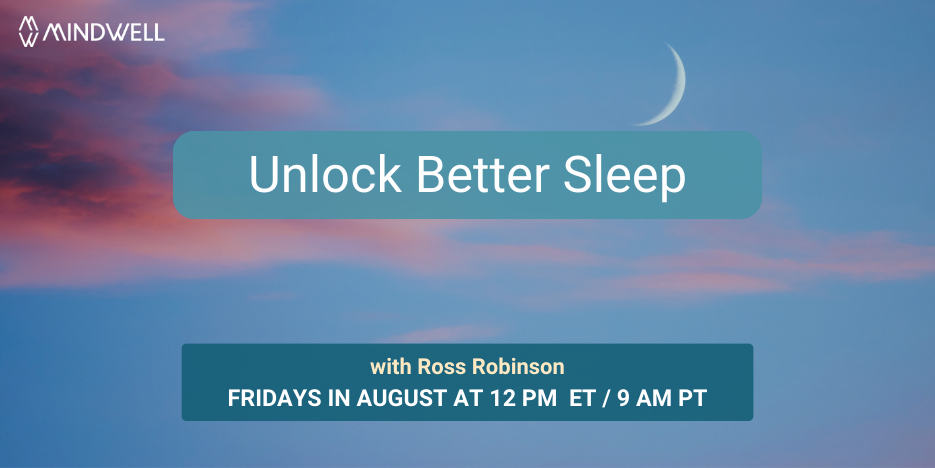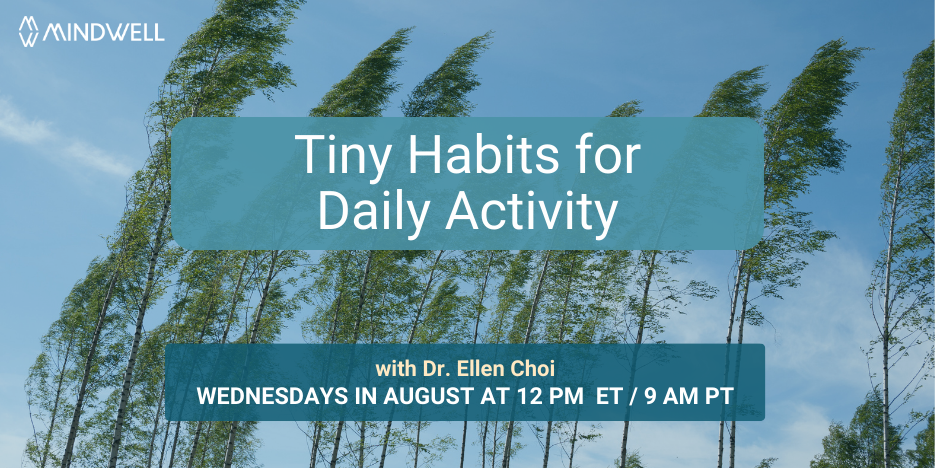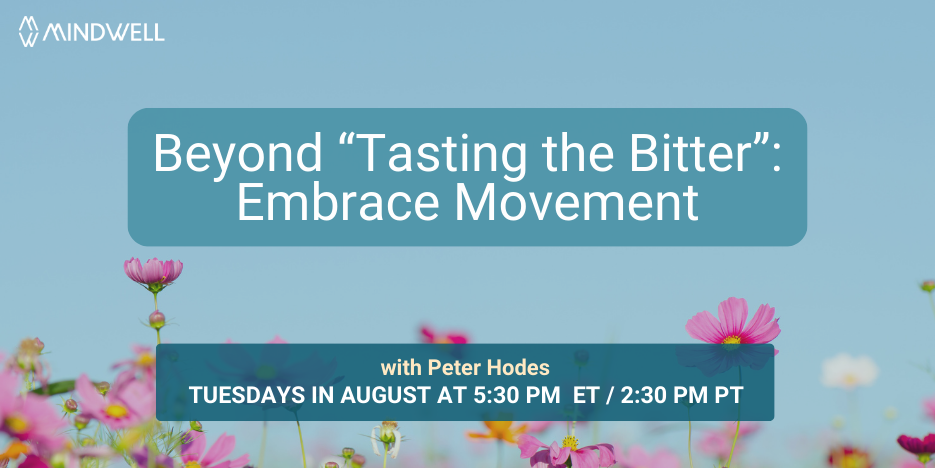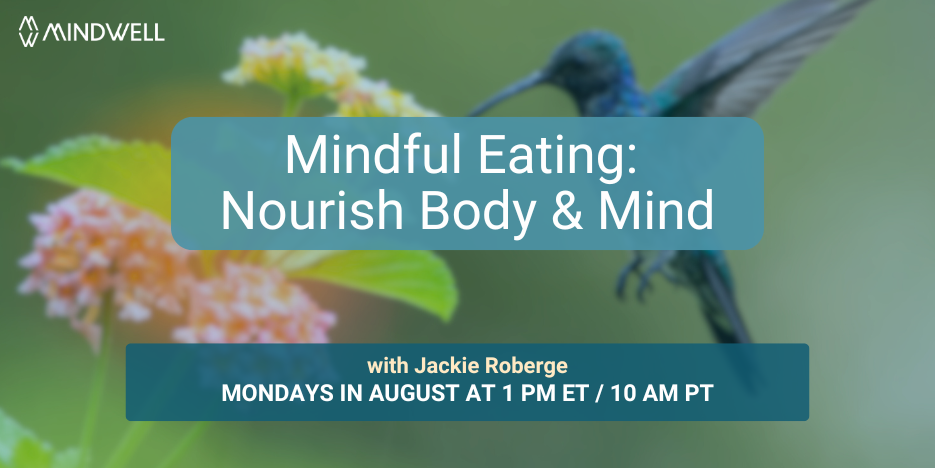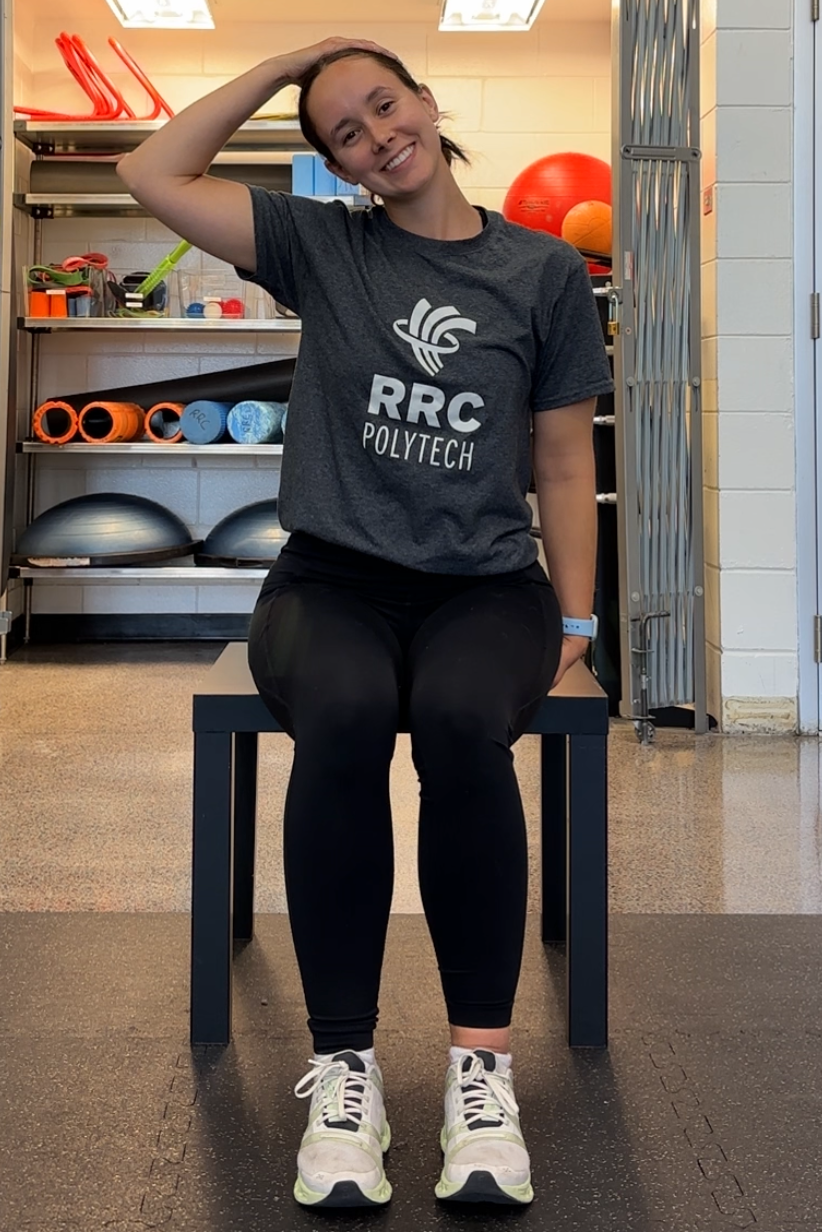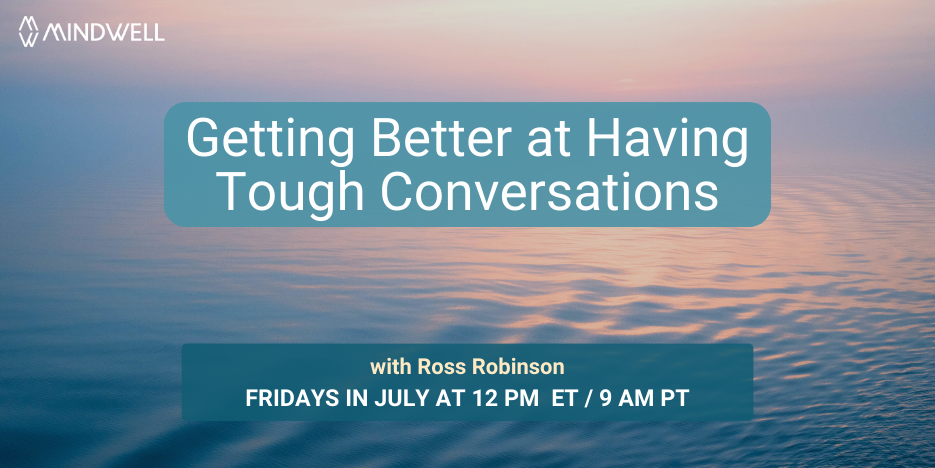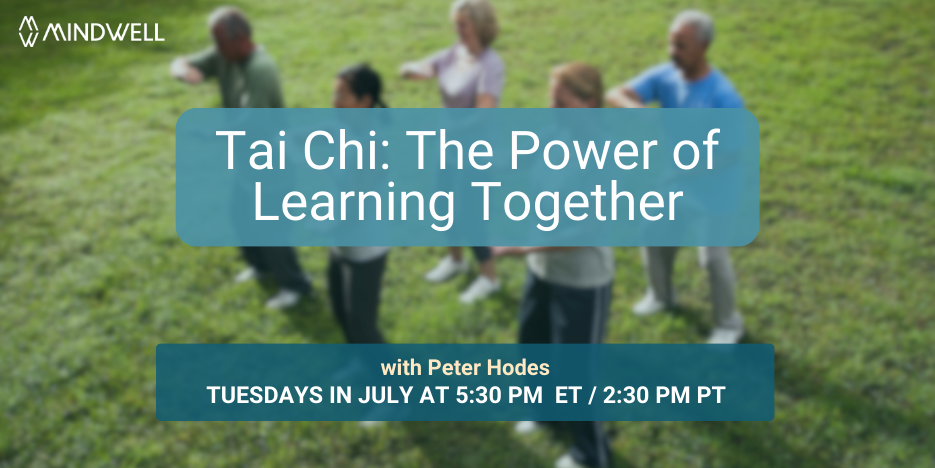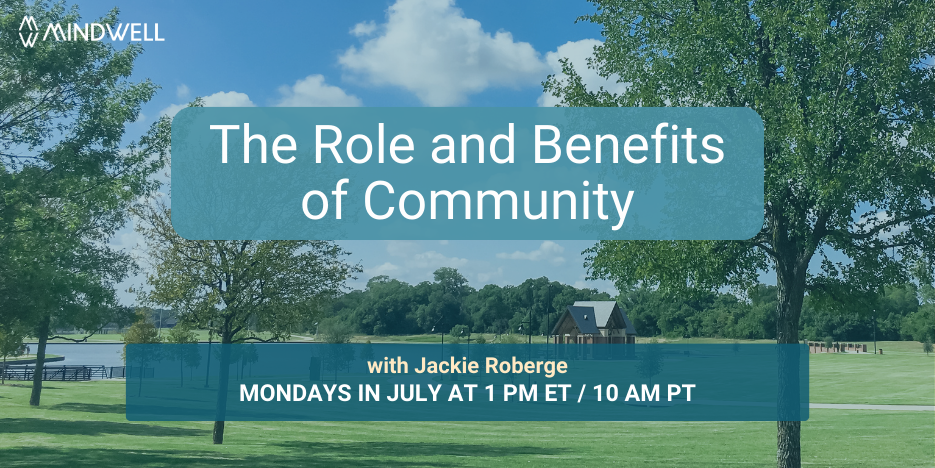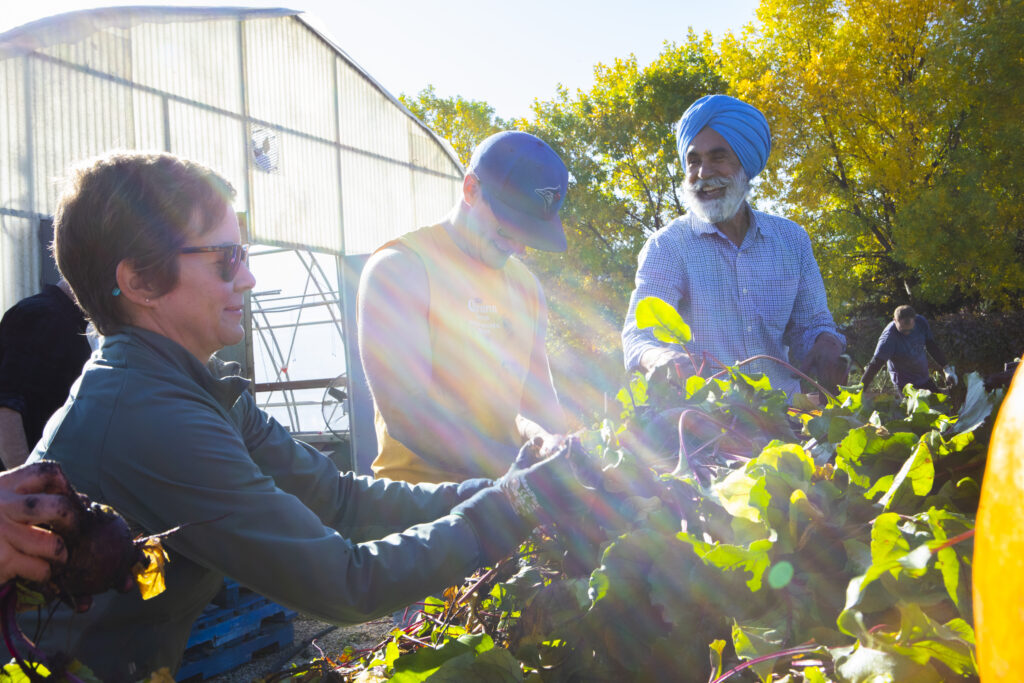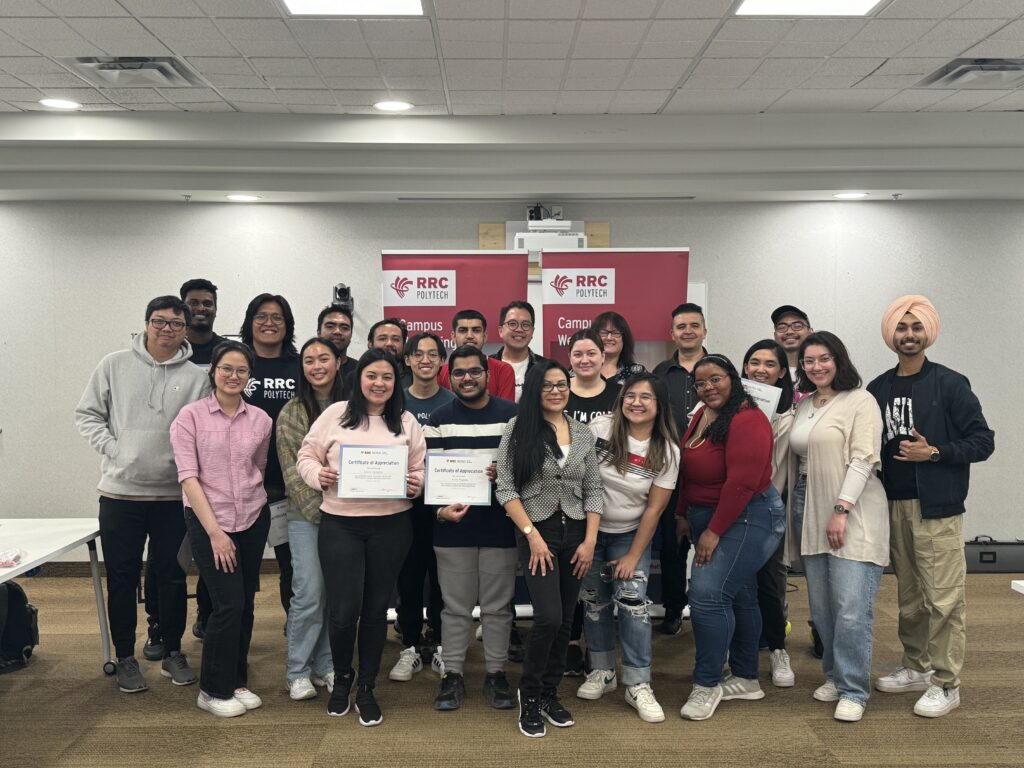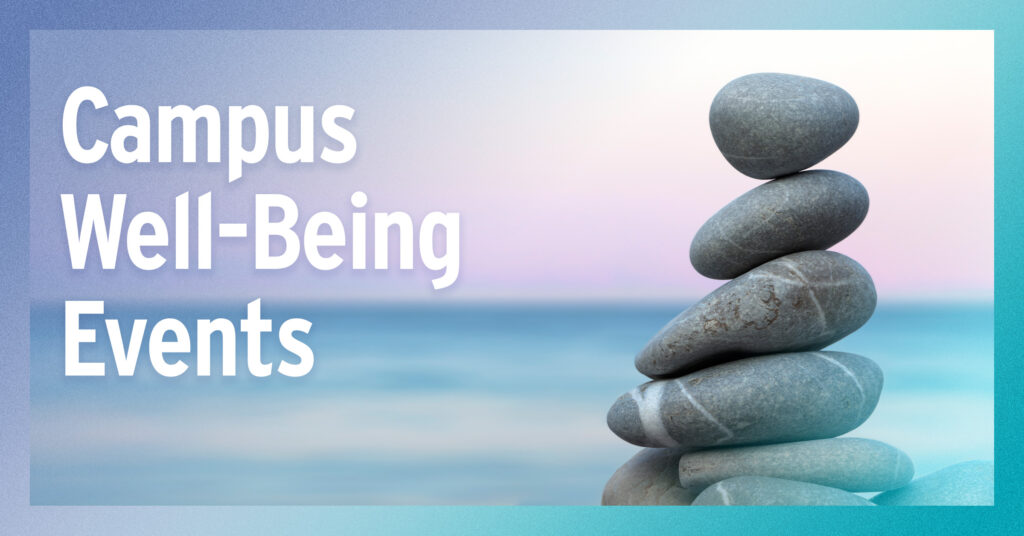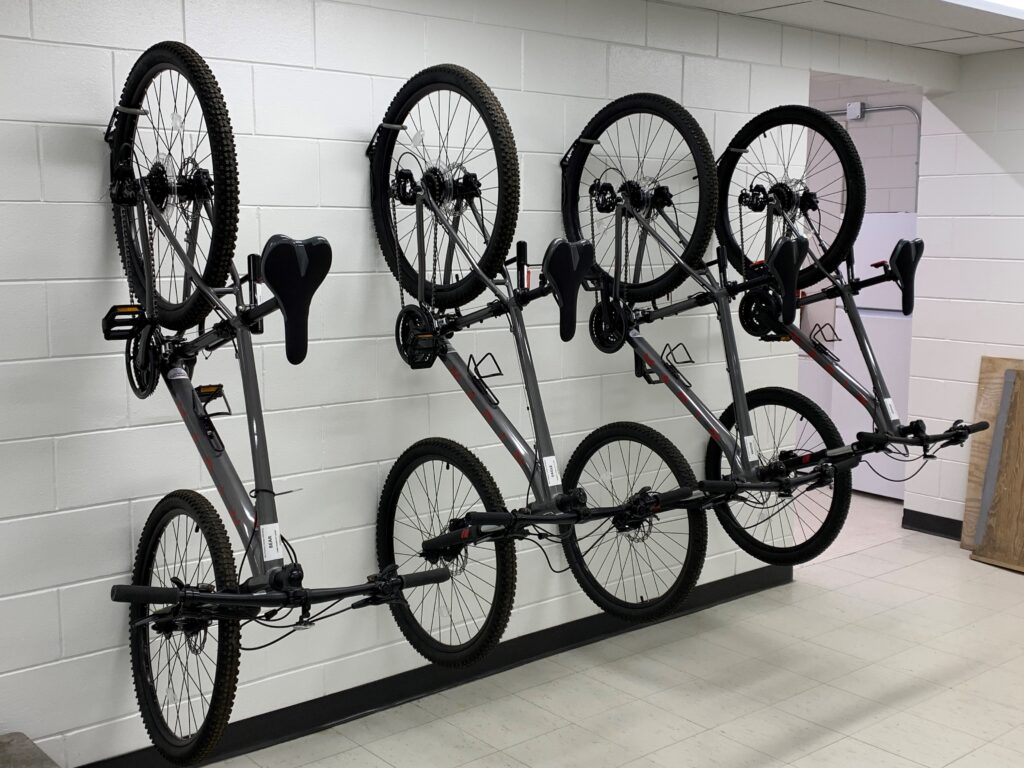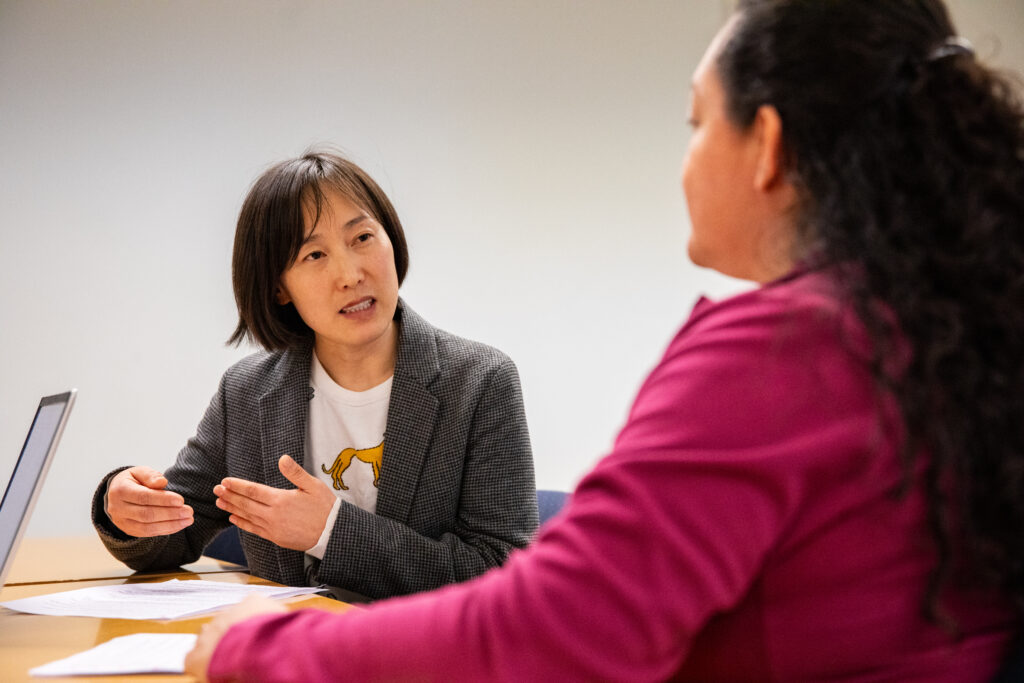August Exercise of the Month
Explore our August Exercise of the Month: the Goblet Squat. This functional exercise builds muscular strength in the legs, glutes, core, and back, while also developing cardiovascular endurance and increasing mobility in the lower body. It’s an excellent movement for both beginners and seasoned fitness pros and can be done almost anywhere, whether at home or in one of our Fitness Centres!
How To Do It
You can easily incorporate this exercise into your routine by adding it to a warm-up or your current workout program. All you’ll need is a free weight (such as a dumbbell, kettlebell, or a weighted object you have at home) and enough space to stand and bend down comfortably. Here’s how to perform it:
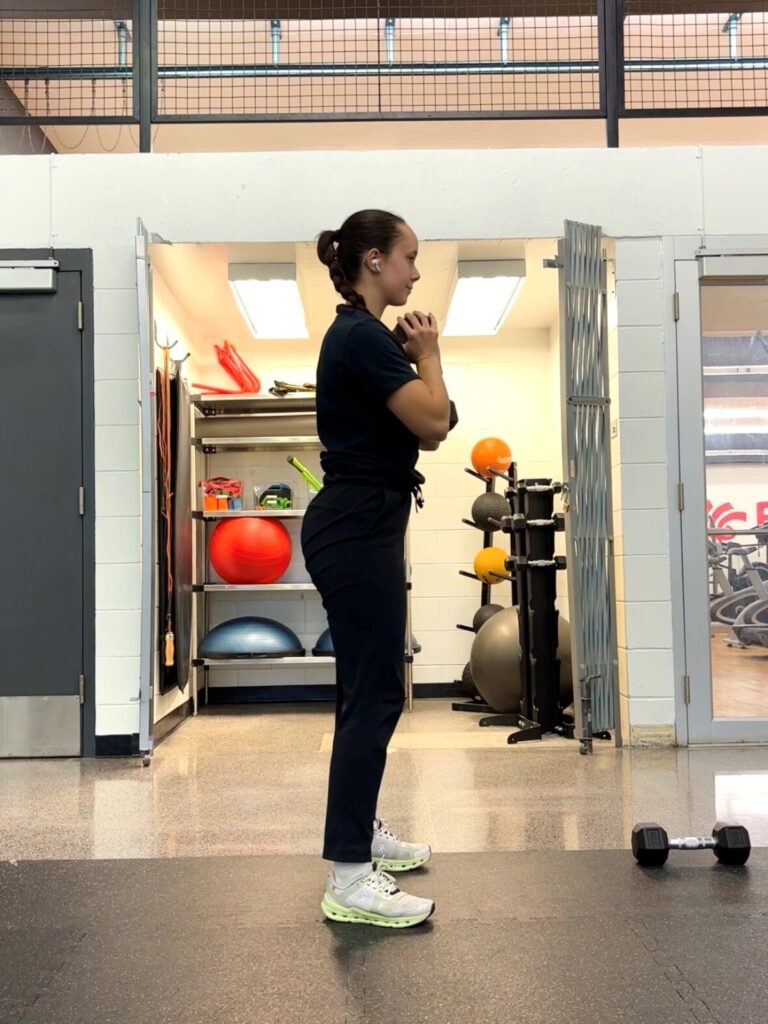
1. Start with your feet planted, hip-width apart or slightly wider. Your toes should be slightly angled outward.
2. Hold the weight at your chest, gripping it with both hands (as if you’re holding a goblet). To modify this exercise, try performing it without a weight.
3. Bend your elbows so the weight is positioned in line with the middle of your chest.
4. Press your hips back and bend your knees to perform a squat. Keep your shoulders back, chest lifted, and head looking forward. Maintain your weight in your heels and ensure your knees are in line with your feet (think of pushing your knees outward to prevent them from caving in). The weight should stay close to your chest throughout the movement.
5. Press through your heels as you exhale and return to a standing position. Repeat this exercise 8-12 times for 3-4 rounds, or adjust the number of repetitions to match your skill level.
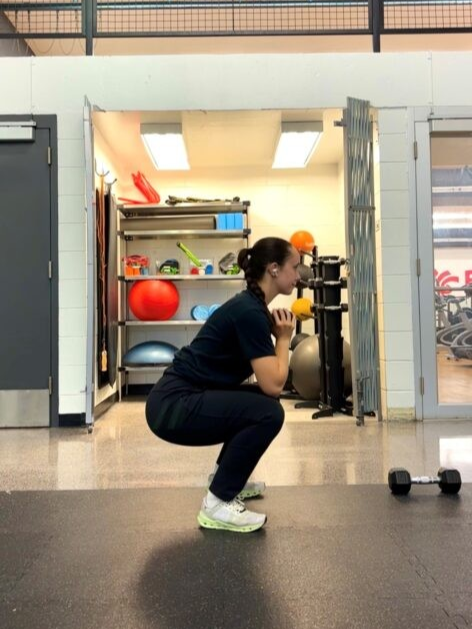
Benefits of This Exercise
Some potential benefits of Goblet Squats include:
- It’s Beginner-Friendly: Goblet squats are excellent for beginners because they promote proper squat form by encouraging a more upright torso and balanced weight distribution. The use of a free weight also helps improve core strength and stability, making the exercise accessible and effective for building foundational strength.
- Increases Flexibility: The deep squat position of goblet squats helps improve flexibility in the hips, knees, and ankles, which is beneficial for overall mobility and functional movement.
- Enhances Core Strength: Holding a weight in front of the body forces the core to engage actively for stability, strengthening abdominal and lower back muscles.
- Reduces Risk of Injury: By promoting proper squat form and alignment with the front-loaded weight, goblet squats help maintain an upright torso and proper knee tracking, which minimizes strain on the lower back and knees and reduces the likelihood of injury.
- Builds Lower Body Strength: This exercise effectively targets the quadriceps, hamstrings, and glutes, helping to build foundational strength in the lower body that supports various physical activities.
- Improves Posture: Goblet squats help strengthen the muscles of the upper back and core while encouraging an upright torso, which can enhance overall posture and help counteract the effects of prolonged sitting or poor posture habits.
Try it Today!
When performing this exercise, it’s important to listen to your body — go at a pace and use a weight that feels appropriate for your fitness level. Challenge yourself by trying this exercise on its own or incorporating it into your next workout!
SOURCES:
The Goblet Squat Exercise: How To, Benefits, Variations – Muscle & Fitness (muscleandfitness.com)
How to Do a Goblet Squat: Techniques and Benefits (verywellfit.com)
Goblet Squat: Benefits, How-To, Mistakes to Avoid, Alternatives (healthline.com)



